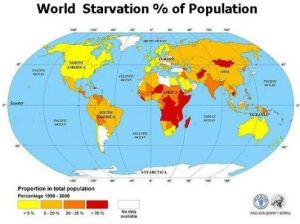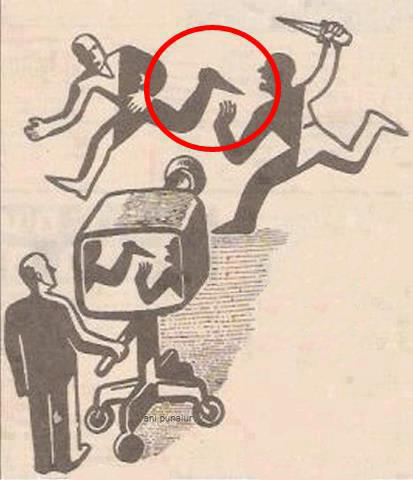Today I read an article on welfare reforms in the UK that are changing lives. The question is, are these changes positive or negative? Well here is some background…
Passing welfare reforms into law and presenting the biggest welfare to work program the UK has ever seen for a promising future has been introduced by Conservatives. Their goal is to help people escape poverty, not trap them in it, which is why they are reforming welfare, universal credit, caping benefits, getting people back to work, including the young and reforming disability benefits. The government believes that they’re delivering the reform their country needs.
Changes towards Getting People Back to Work, Reforming Disability Benefits and Getting Young People Into Work include…
Since the Conservatives came to power, nearly 1.2 million new jobs in the private sector were created since the election, leading to 700,000 more people in work . They presented the ‘Benefits Cap’ so that those out of work cannot get more benefits than the average person earns in work. They combined work-related benefits and tax credits into one, creating the ‘Universal Credit’ that ensures going to work will always pay more than remaining on benefits. Also, the goal is to reform Disability Living Allowance to the Personal Independence Payment, including a more objective assessment process so that disabled people get the support they need. It is the biggest welfare program the UK has ever seen, by tackling benefit fraud, replacing job initiatives with a single program that helps people back into work and gives them the support they need. A Youth Contract has also been set up to help tackle youth unemployment, which gives wage incentives for businesses who take on 18-24 year olds. Conservatives are committed to continue spending over £40 billion a year on support services for disabled people, but to be sure that the support is going to those who need it most, they’re moving forward with the Disability Living Allowance. By 2014 they will have reassessed 1.5 million people who receive the Incapacity Benefit, through the Work Capability Assessment. The priority is to support those facing the greatest barriers to living an independent life.
Along with these reforms, thousands will lose legal aid. Branded by Labour a “day of shame” for the legal aid system, the cutoff to claim legal aid will be a household income of £32,000, and those earning between £14,000 and £32,000 will have to take a means test. Family law cases including divorce, child custody, immigration and employment cases will be badly affected. A bedroom tax will also be introduced, the aim is to tackle overcrowding and encourage a more efficient use of social housing. “Working age housing benefit and unemployment claimants deemed to have one spare bedroom in social housing will lose 14% of their housing benefit and those with two or more spare bedrooms will lose 25%. An estimated 1m households with extra bedrooms are paid housing benefit. Critics say it is an inefficient policy as in the north of England, families with a spare rooms outnumber overcrowded families by three to one, so thousands will be hit with the tax when there is no local need for them to move. Two-thirds of the people hit by the bedroom tax are disabled.” This reform estimates savings of £465m a year. As many as 660,000 people in social housing will lose an average of £728 a year.
Now the question is, are these actions to date and planned actions the UK’s prospering present and promising future? With sweeping changes in the fields of welfare, justice, health and tax… What do the people think of the UK’s reforms and changes? There is a lot of negative responses to these changes. There will be many people affected by these cuts and people find it hard to understand how these reforms are going to save money and not cost more in the long term. Do you think the government is hurting the poor and the disabled by making them vulnerable through these reforms, or do you think this is the positive and necessary change their country needs?

Chancellor, George Osborne defends welfare reforms as necessary to fix a broken system as protests against change grow louder. Osborne insists welfare changes are a positive reform of a bloated system in the increasingly bitter war over welfare.
http://www.gov.uk/governement/policies







